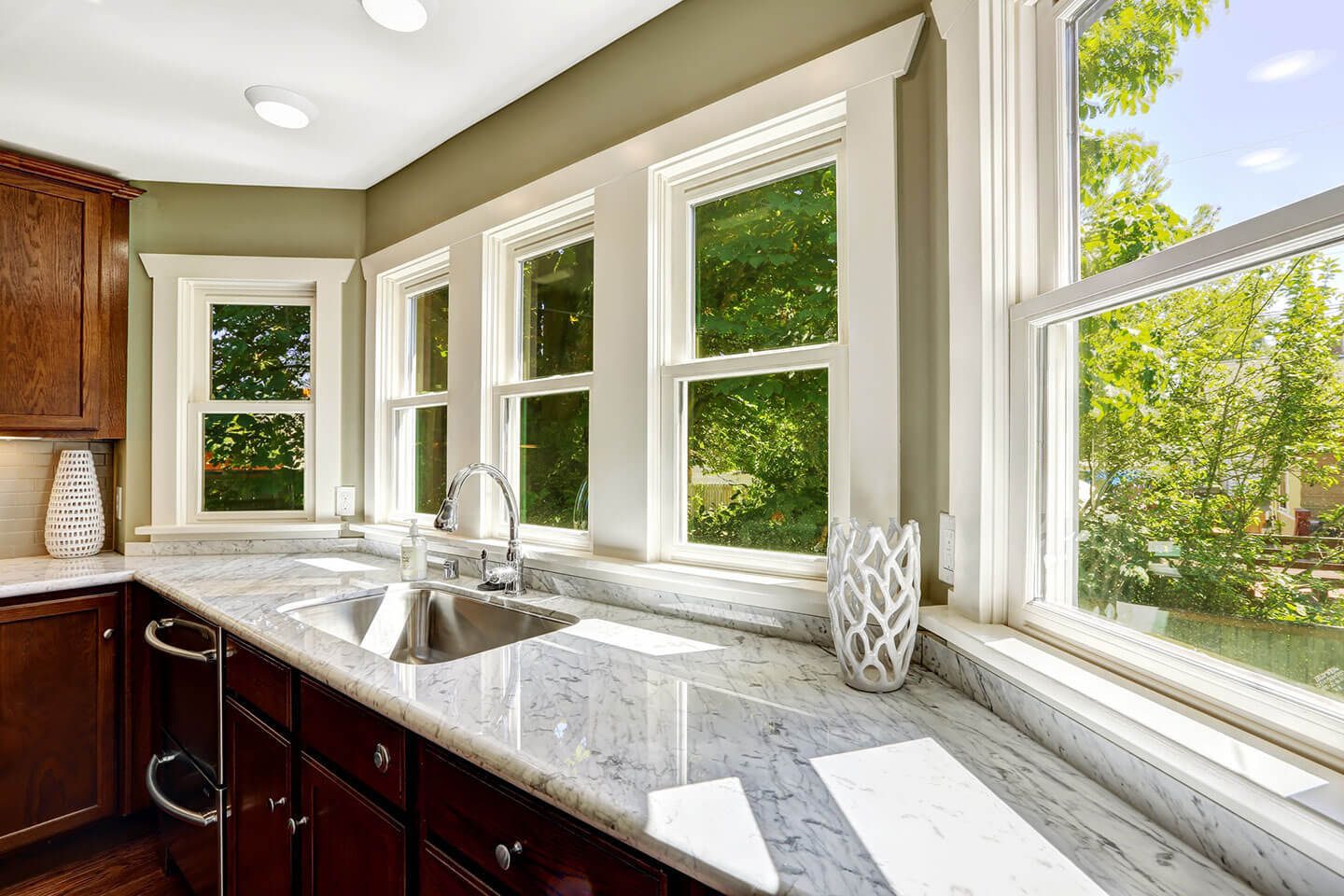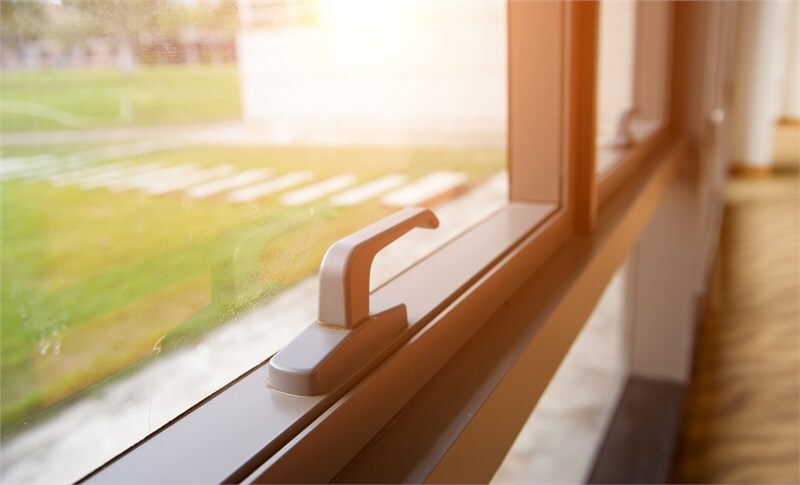
We all want to save money on energy costs and be more environmentally friendly. But how do we know if we’re making the right decision when it comes to windows? There are many misconceptions about energy-efficient windows, so let’s clear up some of these myths!
Here are some misconceptions about energy-efficient windows:
My Home Is New, So My Windows Are Efficient
When buying a newer home, make sure to check the ratings for all the windows. If your new home is being built and you want greater efficiency than what’s available with off-the-shelf options, contact the builder before they install anything so that you can request certain specifications or types of materials be used in construction.
U-factor usually measures how well the windows keep heat in. Solar heat gains coefficient measures how effectively sunlight heats your house. Whole unit measurements such as R-value/resistance rating measure the ability of a window to reduce conductive loss over time due to temperature changes within a room.
Double-Pane Windows Are Efficient Windows
When you see two panes of glass in a window, this does not guarantee that your windows are well-sealed. Condensation between the panes is one sign that there might be air leakage when opening and closing your windows to let heat escape from within. Ensure to check for any signs of failed seals on the weather stripping and check if it creates a good seal on opened/closed sides!
Complete Window Replacement Is the Only Option to Improve Efficiency
Not always! A quick and easy way to improve the efficiency of your windows is through a window film. This helps insulate your home from heat loss. Window film is a transparent, virtually invisible material that reduces heat loss by blocking out up to 50 percent of the sun’s heating rays.

Thermal Films Don’t Help Keep the Heat In or Out of My Home
Thermal films are designed to improve the insulative properties of windows. It reduces heat loss by keeping hot air in during winter and reduces heat gain from direct sunlight by up to 50 percent, which can help you save money on cooling costs!
The more windows in a home, the less efficient it is.
The number of windows does not always determine how efficient your home is. If you have properly insulated and weather-stripped around exterior walls, it can help reduce heat loss through large panes of glass as well!
The more efficient your windows are, the less you need to use heating or cooling.
Heating or cooling your home is not always determined by how efficient the windows are. The size and layout of a room, sun exposure, or insulation can also affect heating and cooling costs!
More expensive windows are more efficient than less expensive ones
Expensive windows do not always mean more energy efficiency! Make sure to check the ratings for all your windows before purchasing.

Blinds and curtains aren’t necessary when you have energy-efficient windows
Efficient windows are great for indoor climate control, but they still aren’t perfect. If you want to help improve the temperature even more, cover your southern-facing window during the afternoon with a shade or curtain because this will prevent heat from entering and increasing heating costs.
Only New Technology of Replacement Windows is Energy Efficient
Not true! Even if you have older windows, they can still be more energy efficient than the windows you replaced them with! Make sure to check and see what’s available for your home.
Now, you may still be a little confused about the whole window situation. We don’t blame you! However, we’ve done some research and want to help clear up any confusion that’s out there regarding windows. Maybe only one or two of your current sets need replacing (and adding storm windows/inserts).
We’re here for all things related to replacement Windows – give us a call if you have questions on what would work best for your home!
